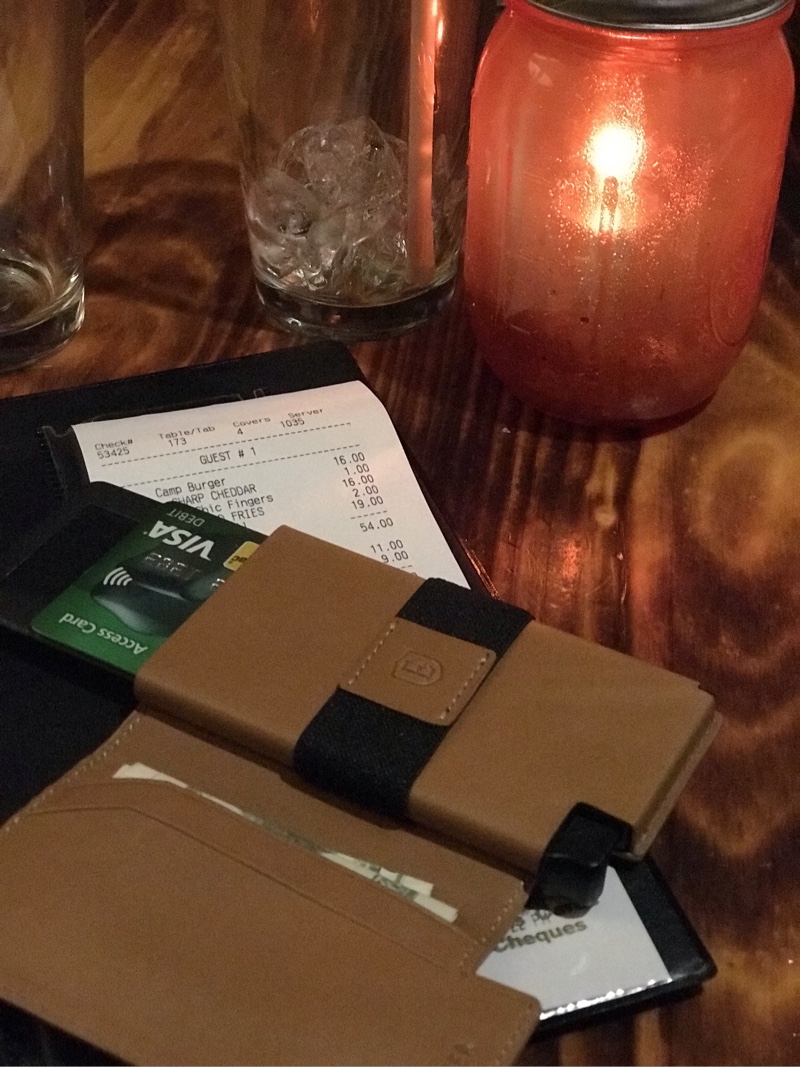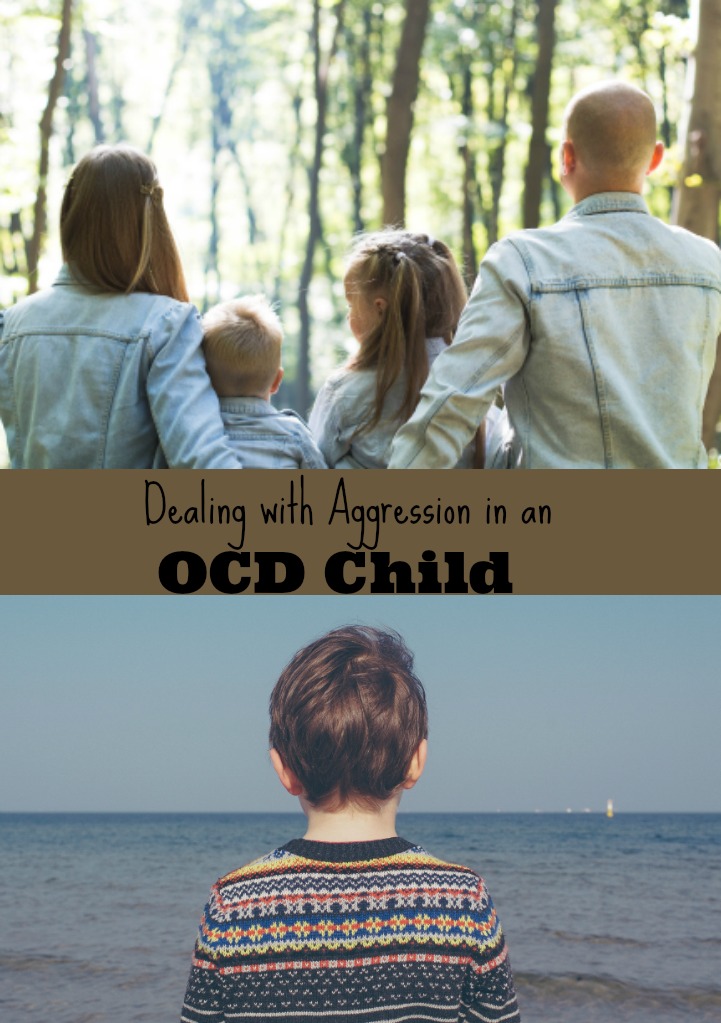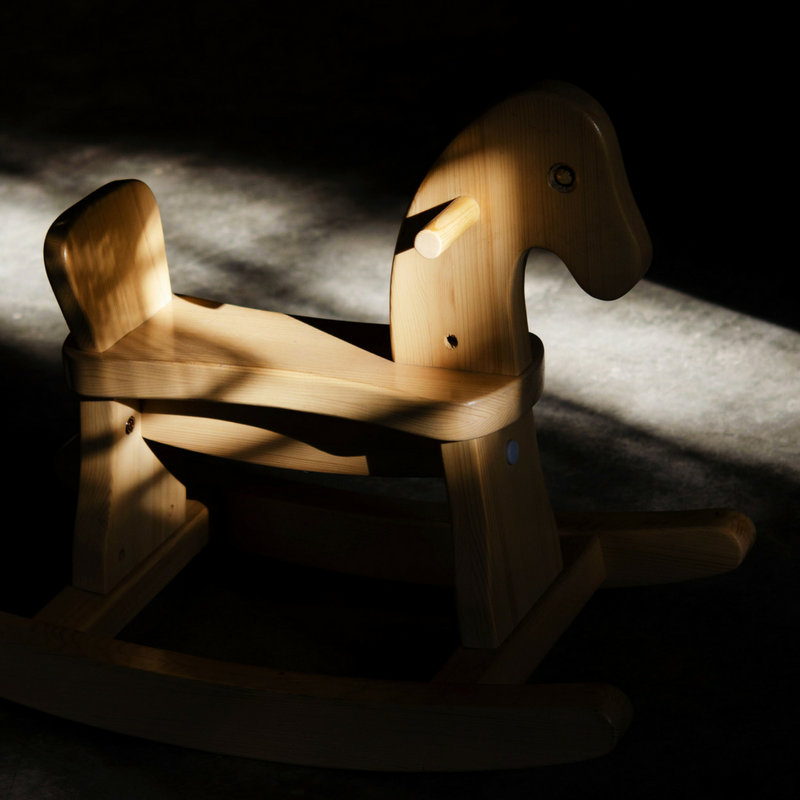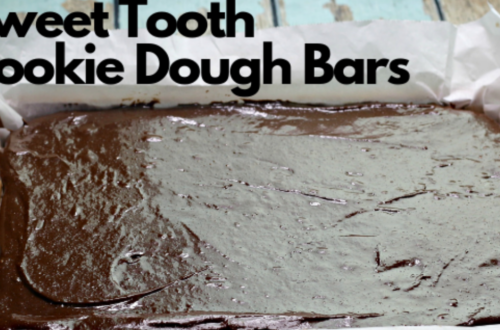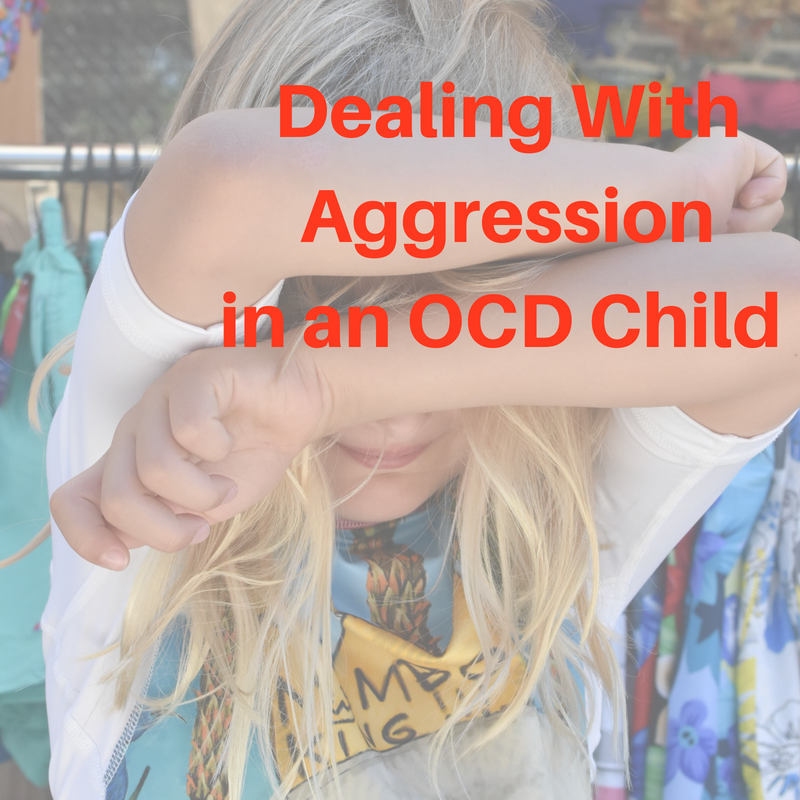
How To Treat Aggressive Behaviour in an OCD Child
Aggressive behaviour is hard to deal with for anyone. But, if you have an OCD (obsessive compulsive disorder) Child, or a child diagnosed with a challenging mental heath disorder, the frustration and sadness they feel often spills over into hostility and aggression. As hard as that is to watch and to manage as a parent, it’s important to try to remember behavioural outbursts are typically even harder for a child.
An OCD child, or a child with any childhood mental health disorder doesn’t have tools to handle all of the big emotions that go hand in hand with complex mental health issues. So, it’s your job to help them identify and get through this during childhood. The good news is that if you help support and identify and cope with big behaviours now, your child with obsessive compulsive disorder will have coping skills for adulthood that he or she can draw on for years to come.
Table of Contents
Coping with Aggression in Children with OCD
Dealing with Aggressive Thoughts
When your OCD child has aggressive thoughts, it can be difficult to know how to deal with it. The first thing you should always do is remain calm. When you get excited, aggravated, or aggressive back with your child, it will only make it worse.
Aggressive thoughts are often part of the obsessions that OCD people have. Obsessions are intrusive unwanted thoughts, ideas, urges, impulses or worries that repeatedly run through a person’s mind. If your child has obsessions and that interferes with daily life, and they have been diagnosed with OCD, he or she is probably as upset about these aggressive or negative thoughts as you are.
Encourage them to talk with you about thoughts and feelings. Remind them not to feel ashamed of aggressive thoughts but instead to learn how to deal with them in a healthy way.
Dealing with Aggressive Behaviours
Sometimes in OCD children, aggressive thoughts can turn into aggressive behaviours. This might happen when they lash out at something they don’t understand or when feeling very stressed, frustrated or unable to communicate. You should always strive to deal with aggressive behaviours calmly. Separate yourself from the situation first until you are both calm. Defuse the situation with calmness, redirection, time in nearby (when you sit calmly and safely nearby modelling quiet, calm patience waiting. Depending on their age redirection to a quiet activity might work. When my daughter was younger puzzles in a calm corner of the room would ease her out of an aggressive meltdown.)
Then discuss the situation and issue a predetermined consequence of the action LATER. That might need to be a significant amount of time after the event depending on your child.
These Tips are True for Many Mental Health Situations
Always be consistent if possible. I know it’s hard. We have many outbursts here with our one daughter. She doesn’t have an OCD diagnosis but she does have several other diagnoses such as FASD, fetal alcohol spectrum disorder. Mental health issues are extremely hard to work through as a parent. Kids with mental health issues, and kids who are adopted need a lot of reassurance they are loved. They can often be the hardest on themselves and depression and stress adds to aggressive behaviours.
Positive Reinforcement
Positive reinforcement can go a long way towards treating aggression in the OCD child. Set ground rules and expectations first and upfront. Be sure to talk about them and even put them in writing. When your child does something good, give him loads of praise. Offer rewards for going without aggressive behaviours for a certain period of time.
Give lots of praise when you see that he has chosen a more positive outlet for him feelings. Maybe they have started writing in a journal. Maybe they are getting better at saying – “I was so mad, I really wanted to hit someone but I didn’t.” In my house when my child has that degree of self reflection and control I celebrate it with: “Wow, that must have been hard. I am so glad you didn’t hit anyone. Remember when you were in grade 2 and you hit or ran away often. You have come a long way. I feel good about that.”
Accountability and OCD
In order to deal with aggressive thoughts and behaviors, you will want your OCD child to understand or reflect on consequences from their actions. In life people are held accountable for consequences of negative behaviours. This means having a plan for consequences, debriefing after the outburst and discipline. The last thing you want to do is reinforce negative behavior.
However, that said there are many other disorders that go hand in hand with OCD. Anxiety is a common condition that goes with OCD and sometimes FASD (fetal alcohol spectrum disorder), sensory processing issues and even autism can go with OCD. Each one of these conditions has specific nuances to them that may make consequencing a child a no win situation. And every child is different.
In our case my daughter with FASD cannot get into it during the outburst or immediately after. Consequencing her during or immediately after aggressive and negative behaviour makes everything BIGGER and can drag the outburst out. There are times I have to wait hours before tackling the discussion about why her behaviour was not okay and what the consequences are of that behaviour. Occasionally that can’t even be done until next day. She cannot revisit it until calm and it often takes that long until she is calm again.
Breaking something means you have to fix it or find a way to pay for it. Yelling at your sister interrupting her homework means she doesn’t trust you or want to hang out with you at all for days. And also you lost the sleepover you wanted to have on the weekend. IN OUR situation I guarantee you my daughter often consequences herself way harder than I do. She often feels bad immediately after and has trouble articulating that. Occasionally she will clearly say I am so sorry. I’ll fix it or pay for it.
Professional Help
Finally, professional help will go a long way in dealing with aggressive thoughts and behaviours of the OCD child. This is true of all mental health disorders. Find help and advocate for your child as needed. It will go a long way and it may take weeks, months or years to get support. Don’t give up. You need to advocate.
If your child is young this All About Me Booklet might help others to understand them.
Final Thoughts
Remember your child likely feels just as bad about these behaviours as you do. He, or she, may blame himself or think that something is wrong with him. OCD kids can easily become depressed. Professional help will guide you and your child through a healthy relationship with OCD and aggression will start to dwindle in your child. And hopefully these lessons follow into adulthood as well.
This is a great series for kids to help them understand emotions.
This post contains an affiliate ad as a service to my readers. If you make a purchase via one of these links I receive a small commission at no extra cost to you. Thanks for reading and helping me to continue delivering content for my readers.

